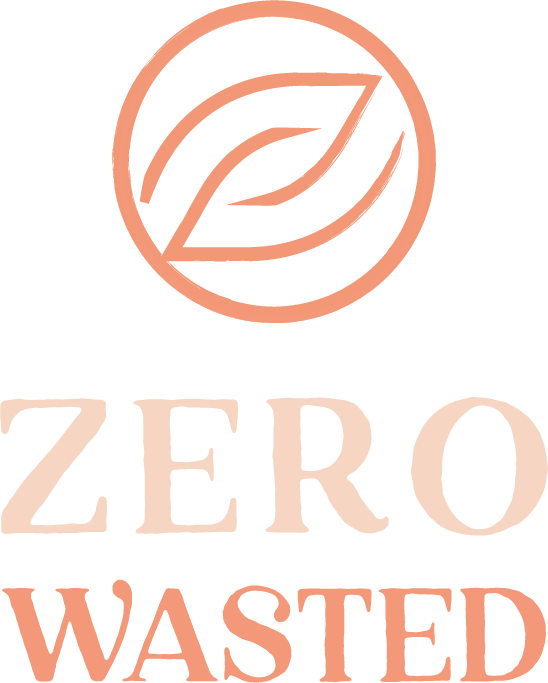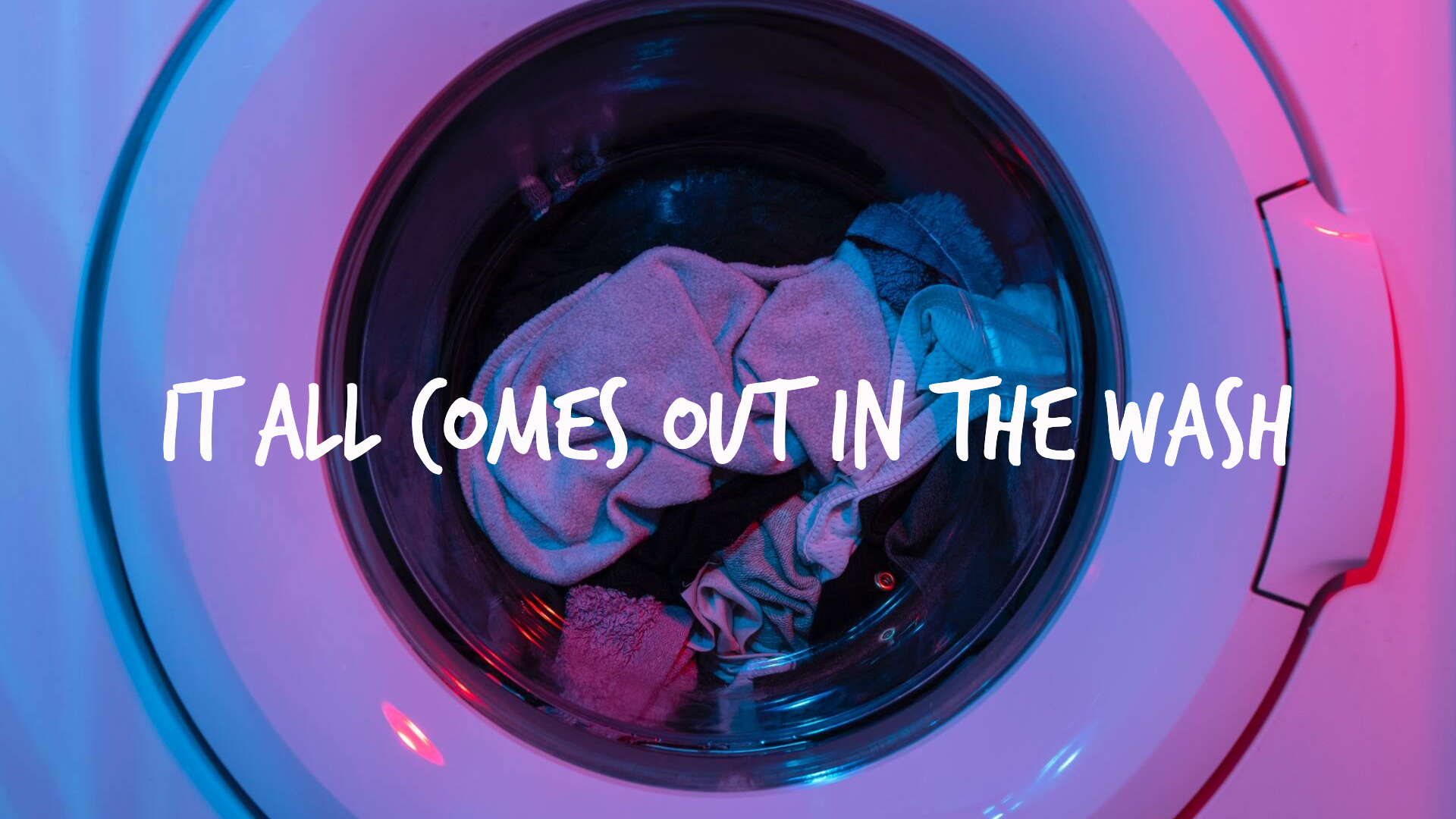The Best Eco-Friendly Laundry Detergent in the UK
At Zero Wasted, our mission is to help you make informed, conscious choices—we do the research so you don’t have to. Affiliate Disclosure: Some articles may contain affiliate links, meaning we may earn a small commission if you make a purchase through them. This comes at no extra cost to you, and we only recommend products we truly believe in.
Looking for an eco laundry detergent that’s kind to your skin and the planet? The best eco-friendly washing powder should be sustainable and effective at removing stains.
With so many options, finding the best laundry detergent in the UK can be overwhelming. That’s why we’ve researched and reviewed the top eco-friendly laundry detergents, considering performance, skin sensitivity, and sustainability. Whether you're debating plastic free laundry sheets or a gentle non-bio formula for sensitive skin, we’ll help you choose the best option so you can say goodbye to harsh chemicals and wasteful packaging.
ZERO WASTE
Ideally it needs to be zero waste, plastic free, or 100% recyclable. Did you know you could save up to 40 bottles of plastic each year if you switched from liquid detergent and fabric conditioner to a plastic free option.
CRUELTY FREE & VEGAN
We only rate laundry detergents with ingredients that are not tested or derived from animals, and companies with a clear cruelty free policy. Washing our clothes shouldn't be at the expense of animal welfare.
ECO LAUNDRY DETERGENT
All the detergents below are non toxic, and free from phosphates, formaldehyde, parabens, triclosan or phthalates. We've also listed whether they are bio or non-bio and contain other ingredients such as fragrance, enzymes, SLS, bleaching agents and more.
QUICK LINKS
(full list down below)
Eco Laundry Detergent FAQs
What's the different between bio or non-bio detergent?
The difference between bio and non-bio washing powers (or detergents) is that bio contains enzymes (to help break down common stains like grass, chocolate, burger grease) whereas non-bio does not contain them. Here's a quick comparison:
| Bio Detergents | Non-bio Detergents |
|---|---|
| Enzymes effectively remove stains | No enzymes to lend a hand in stain removal |
| Can wash at lower temperatures or quick cycles | May have to wash at higher temperatures for deeper stains |
| Can sometimes cause irritation for super sensitive skin | Suitable for babies and sensitive skin |
| Can reduce colour over the long-term | Maintains colour for longer in clothing |
What is SLS?
Sodium Lauryl Sulfate is a common chemical that can be made from coconut oil, palm kernel oil or petroleum used in products from toothpaste to soaps, shampoos and laundry detergents. It works as a surfactant, trapping oil-based dirt with a soapy lather so it can be rinsed away with water. It's low cost to produce and biodegradable, however it can cause irritation for those with sensitive skin due to its oil stripping qualities.
What are optical brighteners?
Optical brighteners or optical brightening agents (OBAs) are chemicals that absorb ultraviolet light and reflect back blue light. Their purpose to help whiten the normal yellowing or greying of clothes and make them appear brighter. Essentially they do this by adding a coating of microscopic fluorescent particles to your clothes rather than removing the yellowing or stains. Optical brighteners aren't readily biodegradable and may bioaccumulate, so could pose a threat to aquatic life. They can also cause irritation and phototoxic reactions if they rub off onto skin and then skin is exposed to the sun.
Years ago people used to add a small amount of blue dye to fabric to make it appear whiter which was known as 'bluing'. An easy alternative to optical brighteners is to soak clothes in lemon juice and water (the citric acid in lemon works as a bleaching agent) or add a cup of lemon juice to your rinse cycle then hang to dry in the sun. It's also safe to use on coloured clothes.
What are bleaching agents?
In detergents stains are removed by oxidation (bleaching). This can be done in one of 2 ways, oxygen-based bleaching agents or chlorine-based bleaching agents. The differences of these are below:
| Oxygen-based Bleaching Agent | Chlorine-based Bleaching Agent |
|---|---|
| Hydrogen-peroxide with sodium or sodium carbonate (washing soda) | Sodium hypochlorite most commonly known as chlorine bleach |
| During a wash the peroxide is consumed and the carbonate remains | During a wash it decomposes to form water and sodium chloride (kitchen salt) |
| Gentler on skin and lungs and less toxic | Respiratory and skin irritant and corrosive |
| Can be used on all sorts of fabrics, colours, wool, silk and more | Can weaken and damage fabrics |
| May not be as powerful as chlorine bleach for removing stains, disinfecting and deodorising | Powerful at removing stains, is a disinfectant and deodoriser |
Should an eco laundry detergent be palm oil free?
It's a complex issue as boycotting palm altogether could have some drastic unintended consequences. For example, producing an alternative oil like soy, coconut or sunflower would need between 4 and 10 times more land and/or shift the problem to other parts of the world, along with threatening other habitats, communities and livelihoods. I wrote about this topic more on the Best Zero Waste Shampoo & Conditioner shopping guide, or you can take a look at OpenMind's article: Boycotting Palm Oil May Worsen the Situation. We support brands that are considerately sourcing their ingredients and not using palm oil as a direct ingredient itself. However, we advocate the use of ingredients derived from RSPO certified palm oil if this is the best option comparative to other oils.
Best Eco-Friendly Laundry Detergent UK
Newsletter Signup







